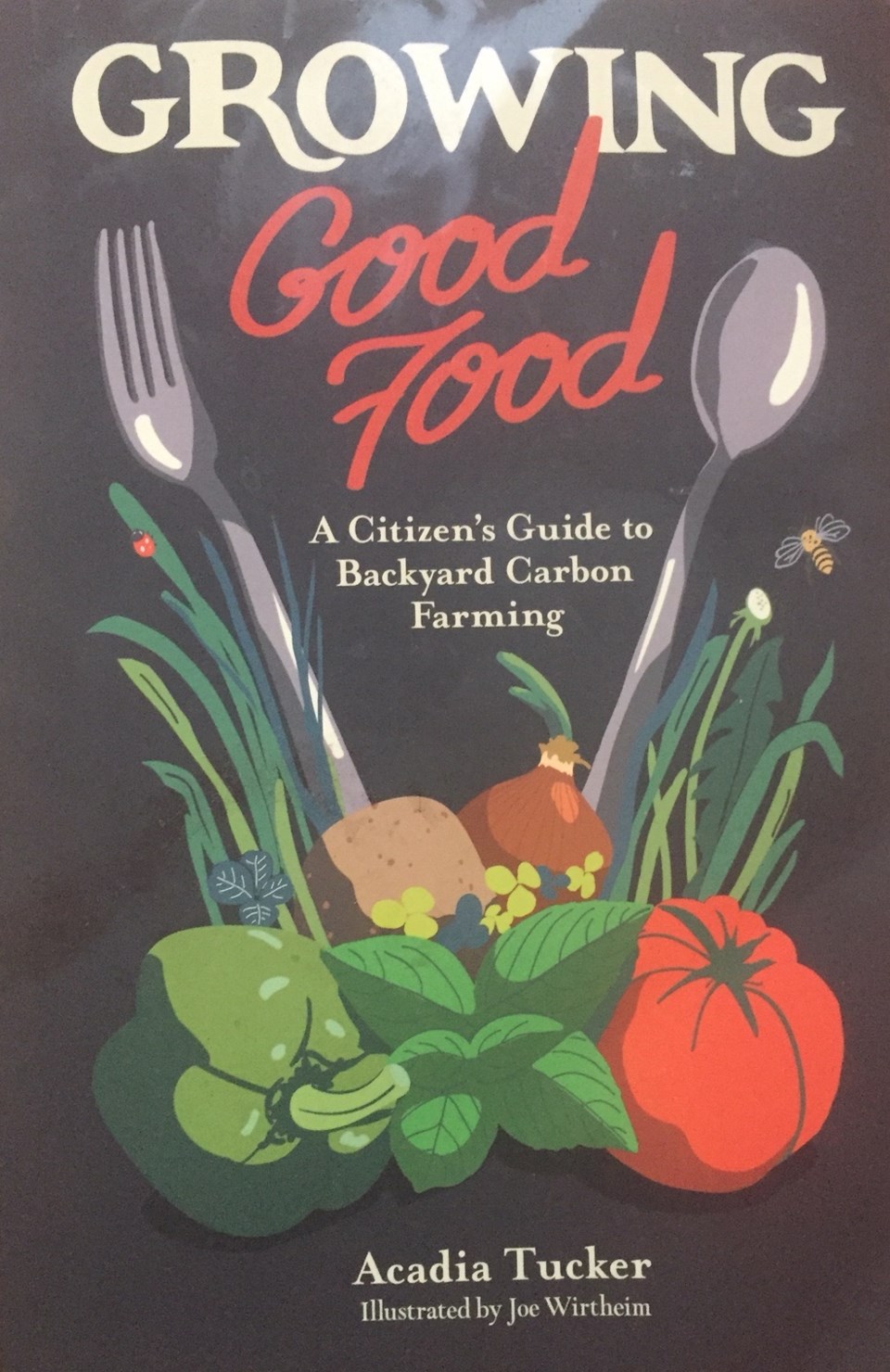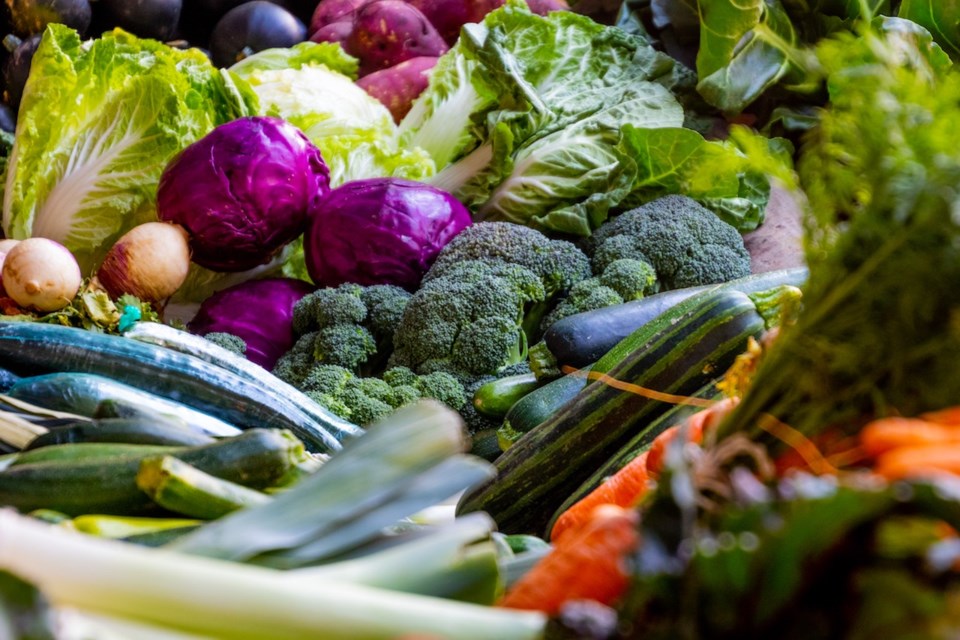“Gardening can teach us something of what we must know to survive. We have believed that what is good for us is good for the world and we have been wrong. We haven’t thought deeply enough. We must change our thinking. We must acknowledge that much of the way of the world is a mystery. In growing something good to eat, we become participants in that mystery.”
If you ask me, participating in the mystery of the world is a pretty solid reason for getting your hands dirty. But if a philosophical reason like in the above quote from Mary Berry, daughter of poet, activist and farmer Wendell Berry, doesn’t cut it for you, there’s always fresher, healthier and better tasting food and the opportunity to turn your yard into giant carbon sink.
Growing Good Food: A Citizen’s Guide to Backyard Carbon Farming by Acadia Tucker, is the perfect guidebook to help you get started on that task (and it also happens to be the source of the quote above.)

“For me,” writes Tucker, “learning more about the soil’s ability to heal the earth was life-changing. By the time I finished graduate school I’d decided to grow food in a way that promotes the build-up of organic matter…”
We all know the problem but have we actually wrapped our heads around this particularly important solution? We hear a lot about trees and their ability to suck carbon, but not so much about soil. Currently, the earth’s soils hold three times more carbon than the atmosphere, but standard, industrial agricultural practices turn it into a source of emissions.
As Tucker neatly summarizes: regenerative farming, if adopted broadly, could help slow the rate of global warming. With better management, global croplands could store an additional 1.85 gigatons of carbon each year, or as much as the entire transportation sector emits.
Regenerative agriculture, as Tucker defines it, makes growing food a planet-healing activity. She calls for a new Victory Garden movement, whereby every citizen can engage in the fight against climate change by growing good food.
In roughly 150 pages, she lays out the basics of how to cultivate healthy soil, how to plan your carbon farm regardless of its size, and how to keep it going. This book is clear and straightforward enough to inspire novice gardeners, but also, packed with all kinds of information that might surprise (and be helpful to) veterans.
If you’re interested in a copy, please contact me. I will be making a bulk order of this book on behalf of BIFS (Bowen Island FoodResilience Society, formerly Bowen Island Food Sovereignty), as it is our mission to help Bowen Island grow more good food. Contact [email protected]. The price for Growing Good Food: $27.



